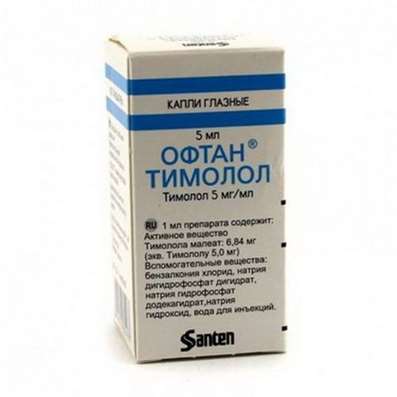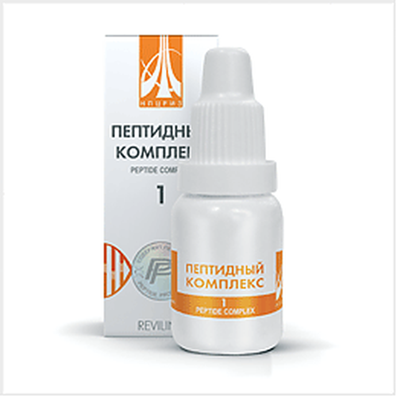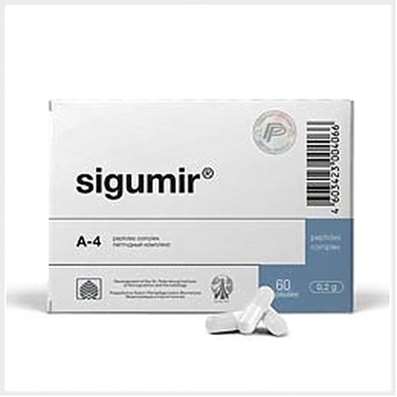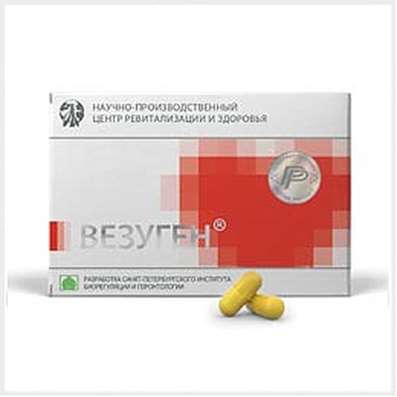Instruction for use: Accolate
I want this, give me price
Dosage Form: coated tablets
Active substance: Zafirlukast*
ATX
R03DC01 Zafirlukast
Pharmacotherapeutic group:
Anti-inflammatory anti-bronchoconstrictive agent - leukotriene receptor blocker [Prostaglandins, thromboxanes, leukotrienes and their antagonists]
The nosological classification (ICD-10)
J45 Asthma: Asthma of physical effort; Asthmatic conditions; Bronchial asthma; Bronchial asthma of light course; Bronchial asthma with difficulty in sputum discharge; Bronchial asthma of severe course; Bronchial asthma physical effort; Hypersecretory asthma; The hormone-dependent form of bronchial asthma; Curbing asthma attacks with bronchial asthma; Non-allergic bronchial asthma; Night Asthma; Exacerbation of bronchial asthma; Attack of bronchial asthma; Endogenous forms of asthma; Night attacks of asthma; Cough with bronchial asthma
Composition
Tablets, coated with a film membrane 1 tab.
active substance: Zafirlukast 20 mg
Auxiliary substances: croscarmellose sodium - 12 mg; Lactose monohydrate - 45 mg; MCC - 114 mg; Povidone - 7 mg; Magnesium stearate - 2 mg
Membrane film: hypromellose - 4.8 mg; Titanium dioxide 2.4 mg
Description of dosage form
Round, biconvex tablets, covered with a film shell of white or almost white color, marked "ACCOLATE 20", stamping.
Pharmacology
Mode of action - anti-inflammatory, bronchodilator, anti-asthmatic, preventive bronchospasm.
Indications for Accolate
Bronchial asthma (prevention of seizures and supporting basic therapy).
Contraindications
Increased sensitivity to Accolate® or its ingredients;
Children's age till 7 years;
Violations of the liver, incl. cirrhosis of the liver;
Intolerance to galactose, deficiency of lactase or glucose-galactose malabsorption (the preparation contains lactose).
With caution: elderly patients (over 65 years of age) due to insufficient data on clinical use.
Application in pregnancy and breastfeeding
The safety of Accolate® in women during pregnancy is not established. The use of the drug during pregnancy is possible only if the intended benefit to the mother when taking the drug exceeds the potential risk to the fetus.
Zafirlukast is excreted in breast milk. Accolate® should not be given to nursing mothers.
Side effects
Side effects are classified according to organ systems and the frequency of development: very often (> 10%); Often (from ≥1% to <10%); Infrequently (from ≥0.1% to <1%); Rarely (from ≥0.01% to <0.1%); Very rarely (<0.01%).
The following symptoms were noted during the drug Accolate®.
General: very often - infections; Often - weakness.
From the gastrointestinal system: often - nausea, vomiting, abdominal pain and other abnormalities of the gastrointestinal tract.
From the liver and biliary tract: often - increased levels of transaminases; Infrequently - hyperbilirubinemia without elevated liver enzymes; Rarely symptomatic hepatitis with and without hyperbilirubinemia; Very rarely - liver failure, fulminant hepatitis.
From the musculoskeletal system: often - myalgia; Infrequently - arthralgia.
From the central and peripheral nervous system: often - headache; Infrequently - insomnia.
From the skin: often - a rash; Infrequently - itchy skin, hives, swelling; Rarely - a vesicular rash.
On the part of the immune system: infrequently - reactions of increased sensitivity; Rarely - angioedema.
On the part of the blood and lymphatic system: rarely - the formation of hematomas with bruises, bleeding, including hypermenorrhea, thrombocytopenia; Very rarely - agranulocytosis.
These symptoms usually occurred after discontinuation of therapy. The headache and gastrointestinal disturbances noted with Accolate® were usually mild and did not require discontinuation of the drug.
There was an increase in the incidence of infections in elderly patients receiving Accolate® (7.8% vs. 1.4%). Infections usually proceeded easily, mainly affecting the respiratory tract and did not require discontinuation of therapy.
Dosing and Administration
Inside.
Accolate® should not be taken concomitantly with food; Food reduces the bioavailability of zafirlukast.
Accolate® is indicated for the prevention of asthma attacks and should therefore be taken for a long time.
Adults and children over 12 years: 20 mg 2 times a day. The usual maintenance dose is also 20 mg twice a day. Do not exceed the recommended dose. The administration of a higher dose of the drug may be associated with an increase in the level of one or more hepatic enzymes and the development of hepatotoxicity.
Children from 7 to 11 years (inclusive): it is recommended to start treatment with a dose of 10 mg 2 times a day. The recommended maintenance dose is 10 mg 2 times a day.
Elderly patients: zafirlukast clearance in the elderly (over 65 years) is significantly reduced, so that Cmax and AUC are approximately 2 times greater than in young people. However, the cumulation of zafirlukast in the elderly does not occur in this case. When using the drug Accolate® in elderly patients at a dose of 20 mg twice a day, there was no increase in the overall incidence of adverse events. The clinical experience of using the drug Accolate® in elderly patients (over 65 years) is limited, and therefore it is recommended to exercise caution when prescribing the drug to this group of patients.
Patients with impaired renal function: dose adjustment is not required.
Overdose
There have been isolated reports of cases of overdose of Accolate® in humans.
Symptoms: no significant symptoms were observed.
Treatment: in case of an overdose it is necessary to carry out maintenance therapy. Possible gastric lavage.
Special instructions
To obtain the effect of treatment, Accolate® must be taken regularly, even if the symptoms of bronchial asthma are not disturbed. As a rule, therapy with Accolate® should be continued during exacerbations of bronchial asthma.
Admission Accolate ® does not provide for a reduction in the intake of steroid glucocorticoids.
Just like inhaled glucocorticosteroids and disodium cromoglycate and nedocromil sodium, Accolate® is not used to arrest bronchospasm in acute asthmatic attacks.
There should be no abrupt withdrawal of inhaled or oral glucocorticosteroids when switching to Accolate® therapy.
The use of Accolate® has not been studied in the treatment of intermittent or unstable bronchial asthma.
When taking Accolate®, cases of development of eosinophilic conditions, including Churg-Strauss syndrome and eosinophilic pneumonia, were noted. Manifestations can relate to various organs and systems, incl. Possibly the appearance of vasculitis, worsening lung function, heart complications or neuropathy. At the same time, it was not possible to confirm or reject the cause-and-effect relationship with the drug Accolate®. When developing an eosinophilic state or Churg-Strauss syndrome, stop taking Accolate®. Subsequently, treatment with Accolate® should not be resumed and Accolate® should be taken to establish a cause-and-effect relationship with evolved eosinophilia.
During therapy with the drug Accolate®, an increase in the level of serum transaminases is possible. Usually these phenomena are of a passing nature and asymptomatic, but may be early symptoms of hepatotoxicity and in very rare cases are associated with more serious hepatocellular disorders, fulminant hepatitis and hepatic insufficiency. During postmarketing studies, there were very few reports of cases of acute liver function disorders that were not preceded by clinical symptoms or signs of dysfunction.
In case of clinical signs or symptoms indicating liver dysfunction (eg anorexia, nausea, vomiting, pain in the upper right quadrant of the abdomen, fatigue, lethargy, apathy, flu-like symptoms, enlargement of the liver, pruritus and jaundice), the drug should be withdrawn. It is recommended to immediately determine the level of serum transaminases, in particular ALT sera. Doctors can take into account the values obtained during the routine research of hepatic enzymes. Periodic monitoring of the level of serum transaminases does not prevent the occurrence of serious hepatic impairment, but the timely detection of liver function abnormalities caused by taking the drug, along with the immediate cancellation of the drug can help improve the patient's condition. If liver signs show signs of hepatotoxicity, stop taking the drug immediately. Patients in whom c® was withdrawn because of the development of hepatotoxicity, the development of which was not associated with any other cause, the re-administration of Accolate® is contraindicated.
Effect on the ability to drive and other mechanisms. There is no evidence that Acolate® leads to a deterioration in these activities. However, when driving vehicles and practicing potentially dangerous activities that require an increased concentration of attention and speed of psychomotor reactions, it should be borne in mind that when using the drug, headache, insomnia can occur.
Release form
Tablets, film-coated, 20 mg. According to Table 14. In a blister of aluminum foil and PVC; 2 blisters in a cardboard box.
Terms of leave from pharmacies
On prescription.
Storage conditions of Accolate
At a temperature not higher than 30 ° C.
Keep out of the reach of children.
Shelf life of Accolate
3 years.
Do not use beyond the expiration date printed on the package.

 Cart
Cart





